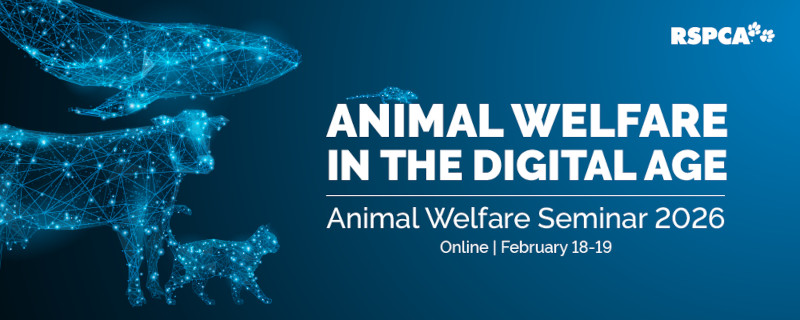The potential impacts on both reptiles and insects should be considered when making the difficult choice of whether you should feed your reptile with live insects.
There are a number of serious welfare and ethical considerations regarding the feeding of live insects to reptiles to be aware of, that should be carefully weighed both before you make the decision to keep a reptile and, if you have a reptile, when deciding what to feed them.
Although there is a lot that is still unknown about the capacity of insects to experience pain and suffering, it is possible that giving insects to reptiles as live prey could inflict pain, suffering, and distress on the insects, particularly as they are unable to escape. Live prey can also pose potential danger to the reptile as they can bite and injure the animal being fed. There are also concerns and many unknowns with how the insects are bred, housed, and killed (even if you feed commercially killed and prepared insects rather than live ones; e.g., frozen, dried, or processed).
Feeding a variety of different prepared live insects to captive reptiles is considered by most experts as the best approach to provide reptiles with optimal nutrition because it best replicates their natural diet. The exact nutritional requirements for all the different reptile species kept in captivity are not well understood and feeding an artificial diet (even one including frozen, dried, or processed insects) could create nutritional deficiencies or excesses. Inappropriate and inadequate diet is a common cause of serious health conditions and welfare problems in captive reptiles.
All of these health and welfare impacts of feeding reptiles with live insects need to be carefully weighed up and balanced with the likely negative impacts on insects.
References
Delvendahl N, Rumpold BA, Langen N (2022) Edible Insects as Food–Insect Welfare and Ethical Aspects from a Consumer Perspective. Insects. https://doi.org/10.3390/insects13020121
Voulgari-Kokota A, van Loon MS, Bovenkerk B (2023) Insects as mini-livestock: Considering insect welfare in feed production. NJAS: Impact in Agricultural and Life Sciences. https://doi.org/10.1080/27685241.2023.2191797

